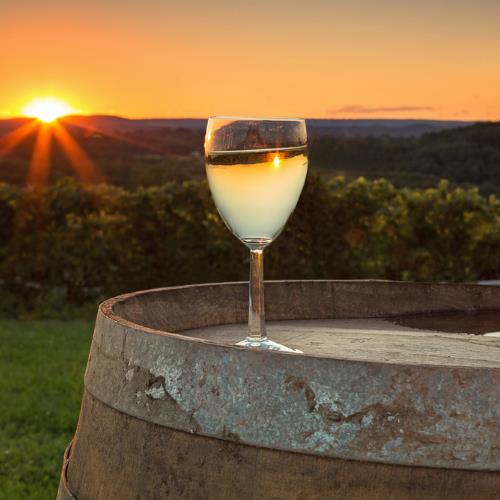09 January 2020
 There has been little to drink to at the start of 2020 as Australia officially recorded its hottest and driest season and communities all around the country continue to battle unprecedented ferocious fires.
There has been little to drink to at the start of 2020 as Australia officially recorded its hottest and driest season and communities all around the country continue to battle unprecedented ferocious fires.
The loss of lives, wildlife, stock, habitat and property is devastating and the road to recovery both economically and emotionally will be challenging.
Like many other industries, the wine industry has been impacted – some partially affected by the fires and some winemakers in areas such as the Adelaide Hills, losing everything.
In a statement issued this week the CEO of Wine Australia, Andreas Clark, indicated that while assessment of the full impact on the wine industry is still several weeks away, it is vital that the losses are put into a proper context, with estimates that the worst-case scenario is that 1500 hectares of vineyards have been affected.
UniSA wine marketing expert Associate Professor Armando Corsi says context is critical for the industry and its image.
“The last thing the Australian industry needs right now is for people to get carried away in the catastrophe story,” Assoc Prof Corsi says.
“If this early estimate turns out to be accurate and if the damage extends to fire damaged vines – it actually represents about one per cent of the whole Australian vineyard area.
“For most wineries across Australia, vintage 2020 will be business as usual.
“Wines that have already been bottled and stored cannot be affected by the smoke.
“Consumers shouldn’t therefore be worried that the wines from producers located in bushfire-affected areas might taste smoky.
“As an industry totally committed to the quality of its product, winemakers and wineries will be the first to check whether they are happy enough to put wines on the market.
“Only those wineries directly affected by the bushfires will experience difficulties, mostly because they will have less fruit to make wines, and if their equipment was damaged too, they may face practical production issues.”
Assoc Prof Corsi says while the losses for specific wineries are heartbreaking in an industry full of passionate winemakers, it is important for the industry that consumers know they can be confident in the quality of Australian wines.
“If there was even a remote risk that wines could be affected, producers would be the first dispose of them rather than ruin their reputations,” he says.
“The fact is most vineyard areas and cellar doors are still accessible and ready to welcome tourists to enjoy tasting some of the best wines in the world.
“The most positive thing anyone can do for the winemakers affected by the fires is to buy their wines. Cash flow will be vital for their recovery.
“And the best thing we can all do for Australian communities is to send the message that there is still much to do see, taste and experience in Australia that is unique and rewarding.”
Assoc Prof Corsi says for those who don’t want to buy wines but would still like to offer support donations to bushfire-affected wine regions such as the Adelaide Hills can be made direct to https://www.adelaidehillswine.com.au/fireappeal
Media contact: Michèle Nardelli phone: +61 418 823 673 or +61 8 8302 0966 email: Michele.nardelli@unisa.edu.au




